Get posts by email
A summer of resiliency and why I'm still a Christian
June 24, 2020
It's hard to find solid ground to stand on right now.
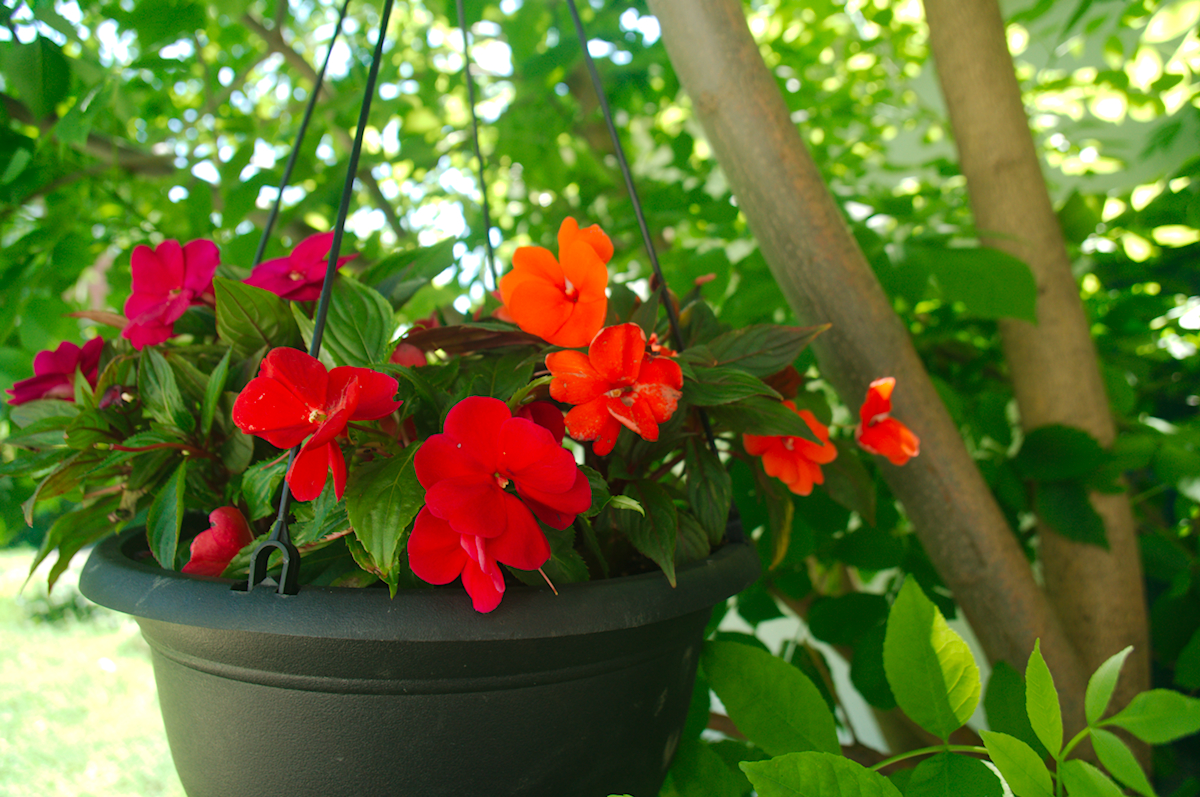
The issues and crises change from week to week, and you can't even imagine what's coming next.
As a writer, I work to find the words to express what's happening in my life. It takes me time to craft something that feels both honest and worth reading. But with all the upheaval this spring, before I've even had time to write through my experience, we're in a new crisis. I can't keep up.
Although the first couple months of this pandemic, the end of winter and the beginning of spring, was hard for many people, it was a time of reprieve for me. The trip to my parents; the hopeful anticipation of planting a garden upon our return; the kids' collective successful post-secondary acceptances and starts - all of it was a spring tonic for me. The world out there wasn't encroaching too much on the world in here.
The world of my home and my heart.
But then pandemic spring bled into pandemic summer, and it was like Montreal's late May heat wave burned off the hopes, dreams, jobs, activities, and opportunities we had envisioned for our summer and fall. And that was all before the pox of racial injustice burst and it started to feel like the whole world was on fire.
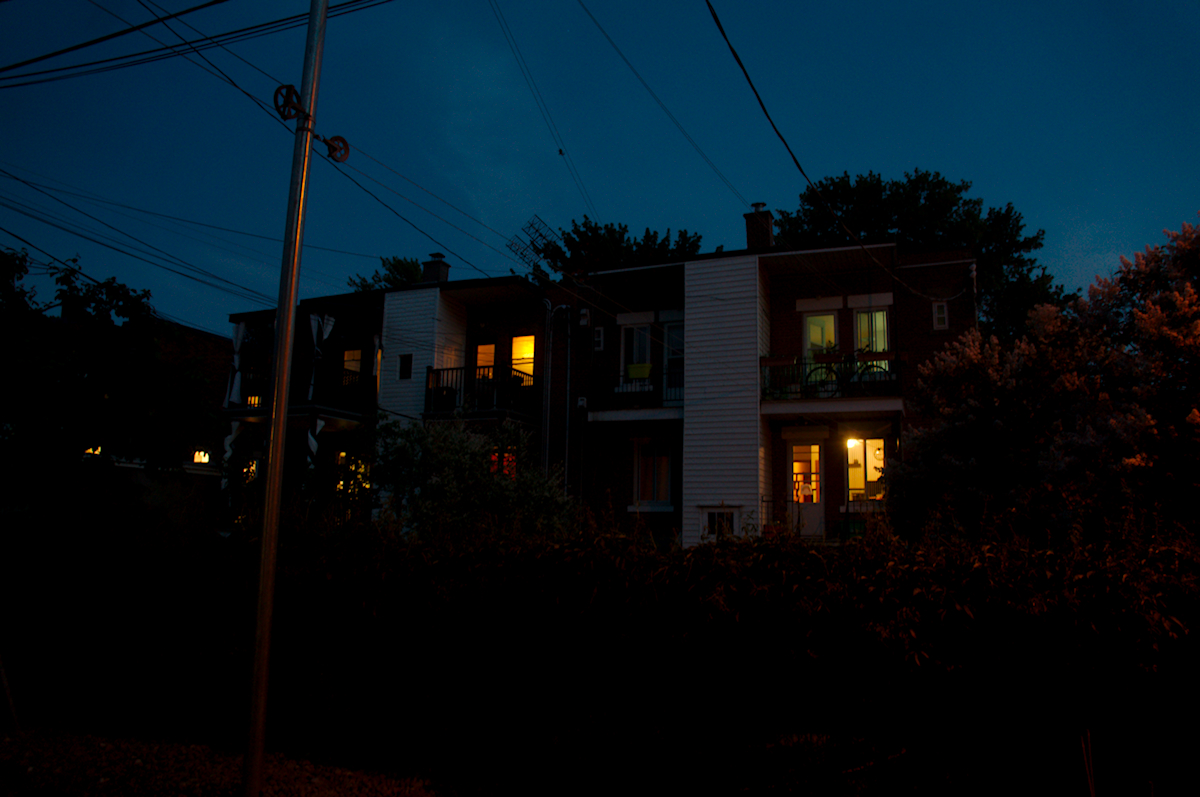
With all that upheaval, loss, and pain, my anxiety raged back to life, like a beast in my belly that had lain dormant for many months. And the relief I felt during spring, the sense that I had done a good job raising my kids, appreciation for where I've landed, and hope for the future - all that vanished like the browned, spent blossoms of the neighbor's lilac tree.
I seek no pity. The fact that I sailed through the first part of this pandemic with joy and appreciation was a gift born of privilege.
There is no "crawl back into bed, pull the covers, and wake up when it's all over" option. To life or this pandemic.
I have bills to pay and a job to pay those bills. I have creative commitments to others and myself. I have a desire to go to grad school and an application to finish to get there. I have a high school transcript to finish for Brienne. I have three teens and young adults to help guide through the summer of 2020. I have difficult conversations to navigate, appointments to resume after months on pause, resources to find that will support my people, and grocery line-ups to wait in.
It's been a time of tears. I wake up many mornings, waves of anxiety plaguing me like arthritis crippling my mental and emotional bones.
I get up and do the work of the day. I yo-yo with media and social media, checking out what's going on and pulling back when it's all too much. I help my kids process their own disappointment, anxiety, and sorrow. I gather us around the supper table at the end of the day.
I pull out every trick I've learned over the years for managing anxiety. I know how to do this, I just wish I didn't have to.
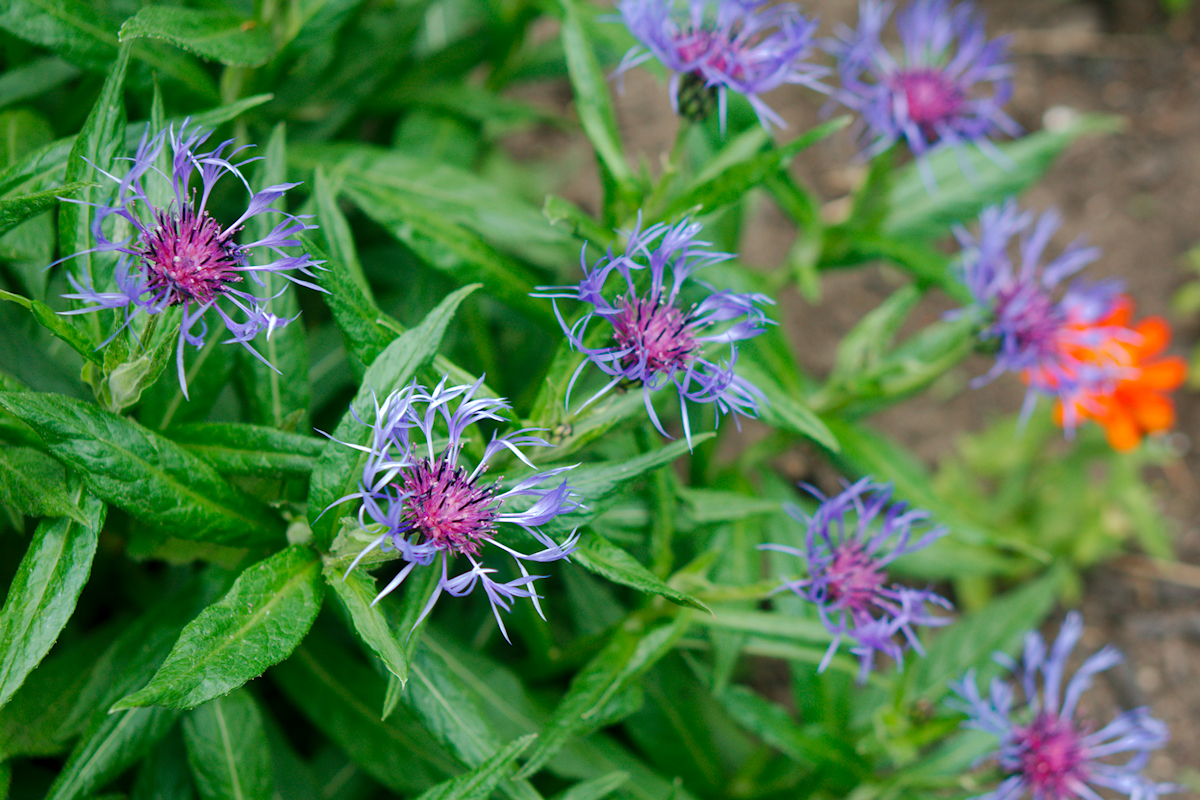
Every day I'm digging deep into my spiritual and emotional reserves, into the knowing I've developed through years of living - that we're going to get through this. It's going to be messy, we're going feel crappy about a lot of things, but we will get through.
I'm orientating myself and attempting to point my people to True North over and over and over again.
Resiliency is one of those character traits I hate developing. Kind of like patience. You have to suffer on the way to resilience. I've said it before, I'll own it again: for so much of my life I tried to avoid that pain. And I've definitely tried to minimize that experience for my kids.
I want to be resilient but I don't want the journey there.
Loss, crisis, pain, difficulty, and death - going through and coming out the other side of those experiences battered, maybe scarred, and without a doubt changed - is the only way you become resilient.
I can't protect my teens and young adults from this truth. I never could but there was a period of blissful ignorance for them and I find myself longing for that stage even though I know we can't go back. At night I have been dreaming about my kids being little again. Innocent.
The fact that there was ever a time of blissful childhood innocence about so many things speaks to our privilege. Have you seen those videos of young black children being coached by their parents on how to act in public to ensure their safety? Heartbreaking.
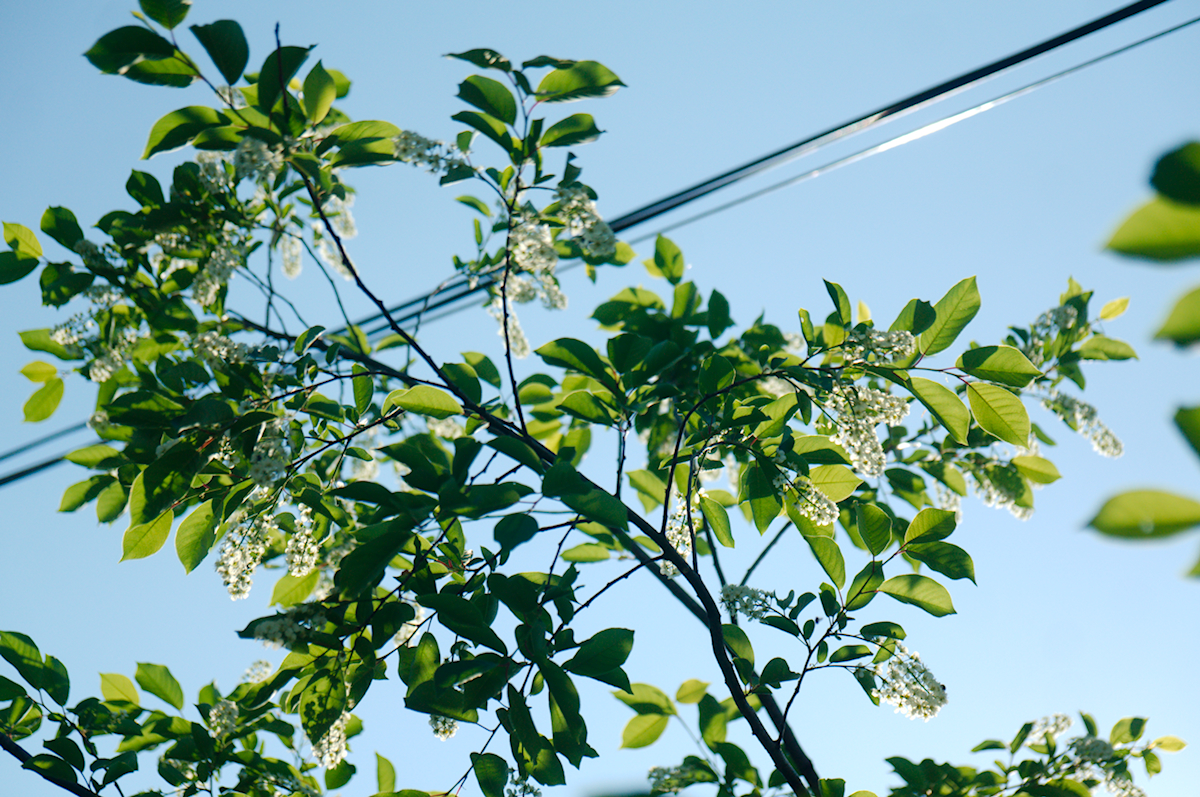
The kids haven't been innocent or naive for a quite a few years already. And I find myself deeply nostalgic right now for a time when building fairy houses and learning to read were the developmental tasks of the day.
The waves of anxiety I'm experiencing this early summer are reminiscent of the summer we moved to Montreal, five years ago, when I was coming out of my midlife crisis. Now we're in a collective crisis, on many levels.
I've had this experience before, and I came out the other side. I know it's possible personally, which gives me hope it's possible collectively.
I would not be so ridiculous or full of hubris to suggest that my personal experience reflects accurately or wholly the collective disruption, suffering, and turmoil of society right now - the pandemic and its economic and societal fall-out, the sepsis of our collective body from the suppurating wound of racism, and every injustice and inequity and sorrow each of us face daily in our lives. I'm not saying "oh yeah, my midlife crisis taught me this will all be ok".
What I am saying is that working my way through a midlife crisis taught me some skills for dealing with this.
My anxiety has been high, but I force myself to remember "I know how this goes. This is not the end. It's just the moment."
We're not going to come out the other side of this the same as we were going in. Individually or collectively. In some ways that's good and hopeful, maybe we'll leap forward in solving problems. Leap to a place we should have been long ago but are only arriving at now.
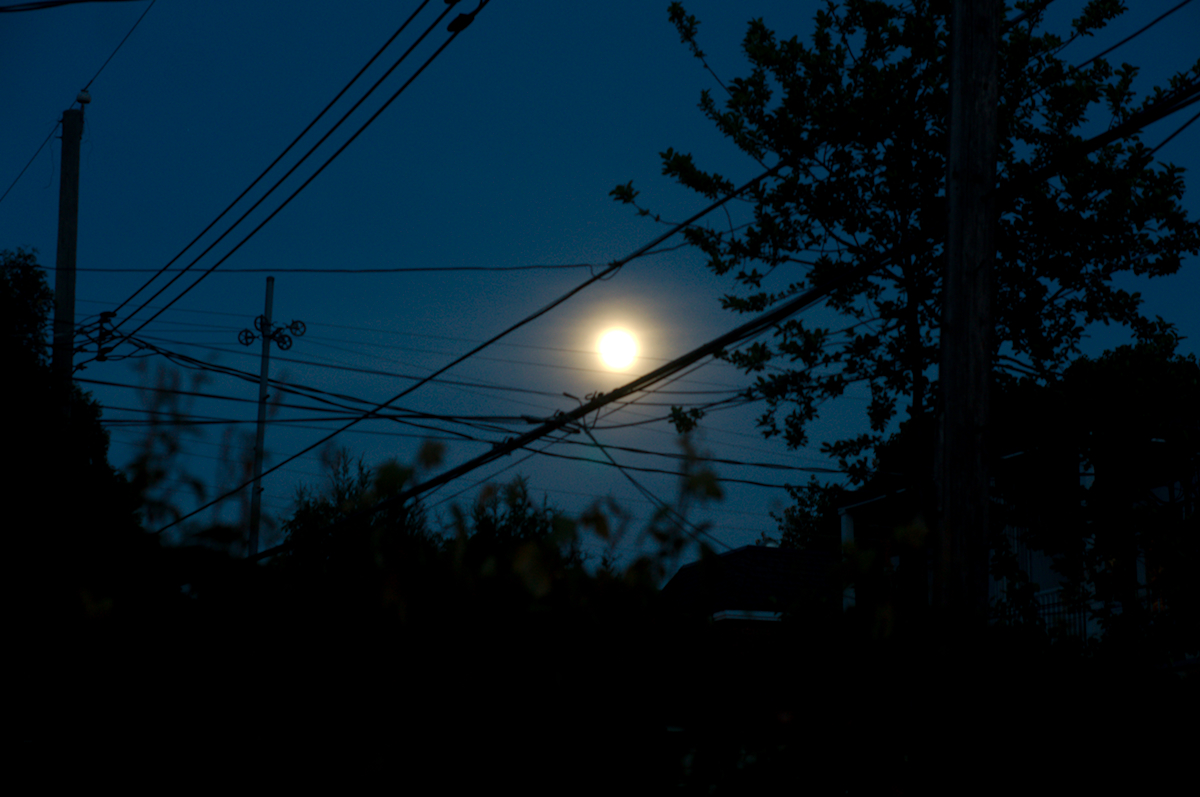
In other areas I'm not so hopeful, specifically about the changes wrought by this pandemic and the overall changing economic landscape for my children. I ache for the future they don't even hope for. The future that still seemed ripe for the taking at my own coming of age. Climate change, increasing economic instablity, lack of leadership, the decline of civility (I can't even name all the things we face right now) have undermined my children's future. The fact that skin color and ethnicity has never been a factor undermining their past, present, or future speaks to our privilege.
I am not naively optimistic about any of this. But faith for me is a belief that new life, healing, restoration, reparation, greater equality, all of it, is possible on the other side. Not as a fairy land we fly to, sliding down the rainbow to our pot of gold, but as a future we love our way into with our sacrifice, sweat, and tears.
Since last September I've been attending a spiritual gathering called Supper Club. Pre-pandemic we met once a month and shared a meal and talked about Rachel Held Evan's book Inspired and our own experience with spirituality, Christianity, and the Bible. One of the things I love about Supper Club is that the people are faithful and radically inclusive. Yep, turns out you can be those two things at once. Post faith deconstruction I just can't do church any other way.
Our monthly in-person gathering transitioned, or pivoted as we now say, into a weekly Zoom gathering when the pandemic hit. It's been a bit rough but I've participated off and on to stay connected to the people. Because for me, church is all about the people.
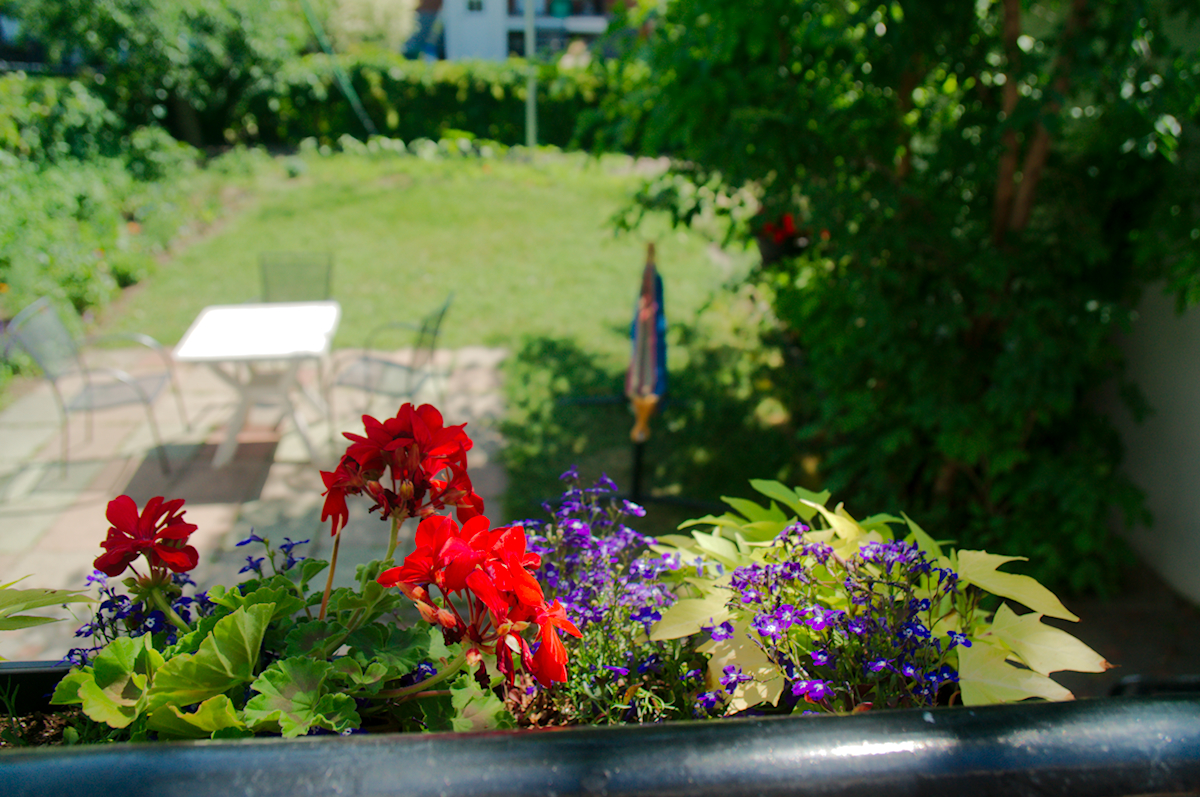
In a recent meeting we were invited to respond to the question why we're Christian, as in, why are you personally a Christian? If in fact we identify as Christians, and in this particular group you don't have to be a Christian to belong, attend, or contribute which is my kind of Christian gathering.
That is a real hard question for me to answer many days. I've been writing so many unpublished notes and quasi-manifestos on that subject. I am certain that I'm a Christian because I was born into a Christian family. But being born into a family of faith doesn't mean you'll stay there. So why do I remain in the fold?
I think Christianity is a human attempt, like all other religions, at answering the question: what does it mean to be human? Other religions and non-religions are working out answers to this same question. But I've come to the personal realization that there's no need to jump ship on my own tradition, or become a-religious, when I've got a good foundation here to build upon.
Sure I've had to burn down some parts of my own belief structure, and there are historical and present-day forms of Christianity that are reprehensible to me, but there's a nugget of truth here. My upbringing in Christianity gave me a good base to grow from and once I came to see how expansive and inclusive the Christian tent could be I realized I still belong here.
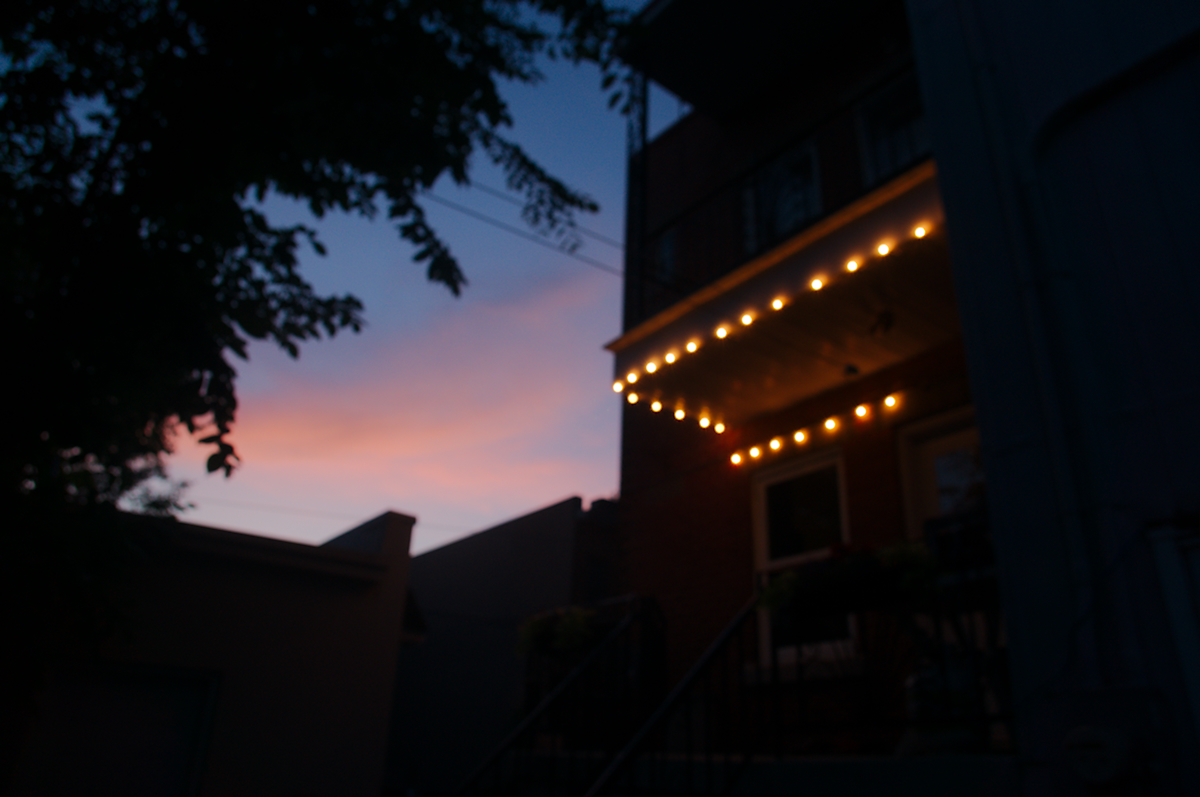
One of the things that religion and spirituality offers us is a way to get to the other side of crisis, be it personal or collective. I'm guessing that's why humans created religion to begin with. Fundamentally we're asking WTF is going on here? And how do I get to the other side of this pain?
I think we get to the other side not by sliding down a rainbow to a pot a gold, but by working our way to change through personal sacrifice, sweat, and tears.
Christianity is largely a message of grace. We don't earn our worth and value. We don't earn our place in the family. It's a gift. (By the way, I think we're all one big family. Told you, big tent.)
This is a message I need to hear often. But the life of Jesus, the saints and the faithful, those attempting to be faithful, those who have gone before us and who walk with us now, show us how to do the work of Christianity. Which is to say, the work of being human.
The work of getting through whatever mess we're in, which for me is the work of loving.
I'd like to say we love through blood, sweat, and tears. It's a familiar aphorism. But there is an explicit violence to blood that I am not comfortable with. And there are certain interpretations around blood within the Christian faith that I am totally opposed to. Namely, the idea that God ever demanded or expected blood. I believe that's an ancient, ritualistic human construct and belongs in the folder labelled "things we used to believe about God".
I understand blood as our personal sacrifice, our personal loss, our willingness to die to our egos and the parts of ourselves that seek selfish ambition and personal elevation at the cost of the others. We're pretty much all going to fail at this so along comes the tears of pain; the pain inflicted by others, the pain we inflict. But with pain and its accompanying suffering we have the chance to learn compassion. And our compassion compels us into service and that's where we sweat in our effort to make it better.
Because you better believe it takes effort.
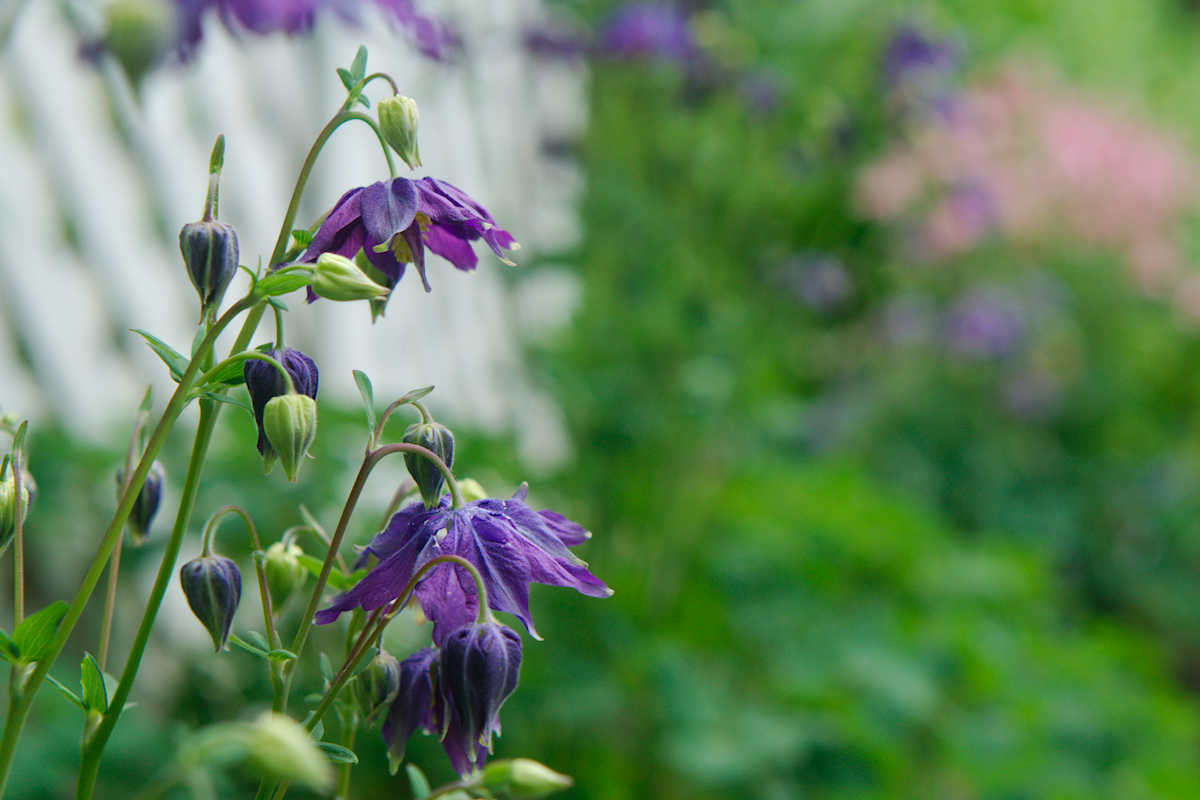
I don't know how to make it (all the world's problems) better. But I know my own little life requires my personal sacrifice, sweat, and tears. And that my resiliency through this crisis, and in the high levels of anxiety I'm experiencing right now demands action, demands doing.
Let me clarify what I mean by action. For me personally, I don't mean grand gestures and demonstrations.
Action looks different for all of us. Action for some of us looks like showing up for the work of family and community life, when we feel like crumbling. It looks like being available for our circle of friends and family because that's where we're committed to love and serve. And asking ourselves, with compassion and curiosity, how do I extend this circle?
Action looks like being present to our pain and the pain of others, it looks like owning the responsibility to transform our own pain, so we don't transmit it. Action looks like supporting the questions, discovery, and growth, in others and ourselves; it looks like change.
There's been a societal breakdown at the "transforming pain so we don't transmit it" stage. Collectively and individually we transmit the trauma we don't transform. That's why we're in such a mess.
Helping people transform pain is the work of spiritual companions and therapists, but it's also the work of mothers and those who simply bear with others.
This is what I can do right now. I mother. I bear with others. And I bear with my own pain and anxiety. I do it imperfectly, but I keep showing up. It's really uncomfortable and it's hard work.
I do the work of walking through the pain myself, and being a companion to others walking through pain, so that we don't transmit that pain, but transform it into a new way of being in the world.
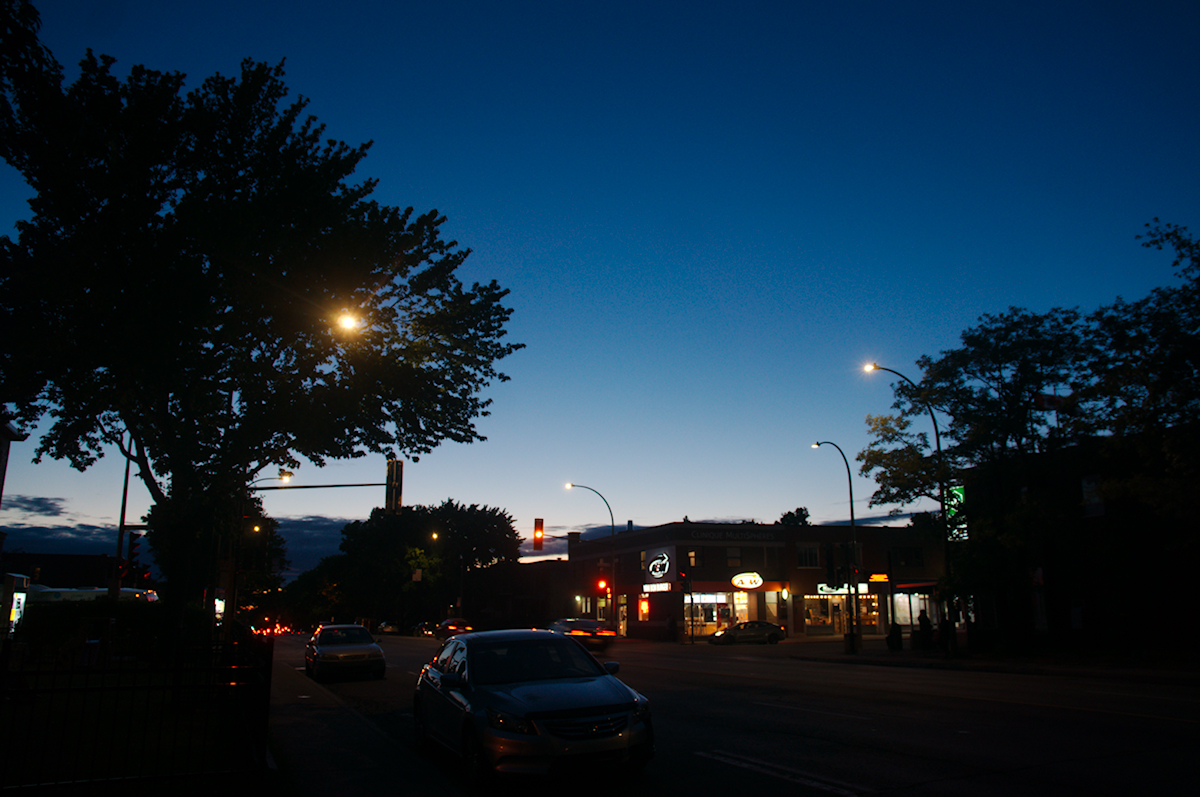
I thought of another reason I'm still a Christian. The Christian narrative tells us new life and healing is possible on the other side of this. It gives us a path through the pain - sacrifice, sweat, and tears - but also hope for life after the pain.
Resurrection is the central theme of the Christian way of seeing the world. When I'm struggling with my anxiety it's the hope of a resurrected self that keeps me going. And I don't mean the afterlife. I don't mean Heaven. I mean here and now.
Present anxiety does not define me. Present crisis does not define us.
Resurrection, the idea that new life follows death, is hope for our times. It's hope for this summer and this pandemic. It's hope for me. But the thing that's so hard about resurrection is that death comes first.
The death of a dream. The death of a false story. The death of a person. The death of a system.
For me, Christianity is a particular set of values, beliefs, stories, and traditions; but most importantly, it's a way of living that answers the most fundamental questions of life (including the classic: how do we get through this?) with the aim of the flourishing, restoration, and renewal of all things.
I'm still a Christian because I believe in flourishing cultures, families, cities, and farms; a flourishing Earth. I believe in the renewal of my back yard and I choose to cultivate hope and take action for my children's and grand-children's futures.
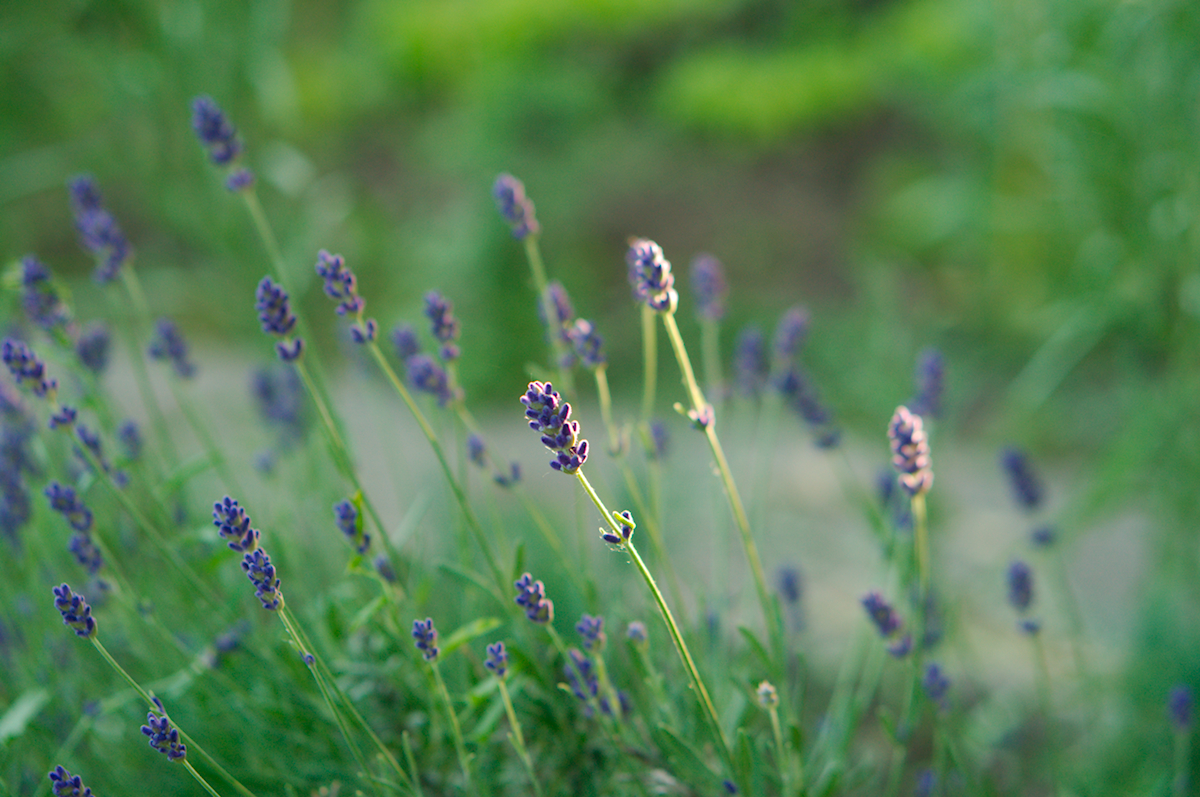
I'm still a Christian because I believe that when we bear and transform our pain instead of transmitting it (how I view the cross) there is life on the other side of loss; that personal anxiety, family turmoil, civil disruption, disorientation, sickness, and even death is not the end of the story.
Here are a few resources helping me through these days:
- The Longings of our Heart with Sue Monk Kidd The One you Feed Podcast
- Every single episode of On Being, but these ones are recent listens for me: Resmaa Menakem ‘Notice the Rage; Notice the Silence’ and Devendra Banhart‘When Things Fall Apart’
- A Beautiful Day in the Neighborhood, Tom Hanks Mr. Rogers movie
- When Things Fall Apart by Pema Chödron
My dear friend Krista O'Reilly-Davi-Digui's email newsletter is like a lifeline in a storm. You can subscribe here. Her most recent newsletter was about radical acceptance.
I easily feel overwhelmed these days with situations I can't control: the pandemic, societal awakening and unrest, stuff with the kids, family health concerns, marital issues, etc. Radical Acceptance offers a perspective and practice that can alleviate the suffering we feel in situations out of our control. Buddhism tell us that attachment leads to suffering. Radical Acceptance is a cognitive practice and mental health treatment to let go of unhealthy attachment - to ideas, outcomes, how you "wished it would be", etc.
I find myself mentally stuck in the past a lot these days and running loops of "what should/could have been" through my head as the pandemic drags on and my anxiety spikes. Radical Acceptance offers a path through.
Here are a couple links to read more: What It Really Means to Practice Radical Acceptance and What Is Radical Acceptance And How Can It Help Me?
Filed Under
Part of Series
You can subscribe to comments on this article using this form.
If you have already commented on this article, you do not need to do this, as you were automatically subscribed.





